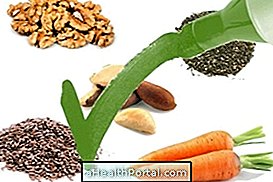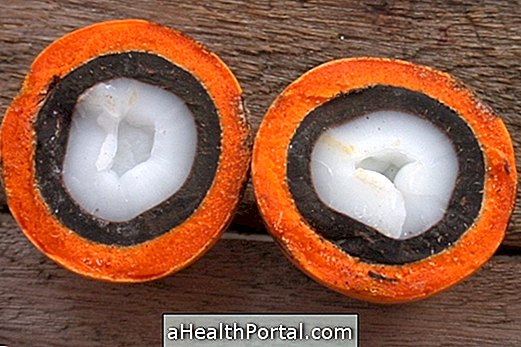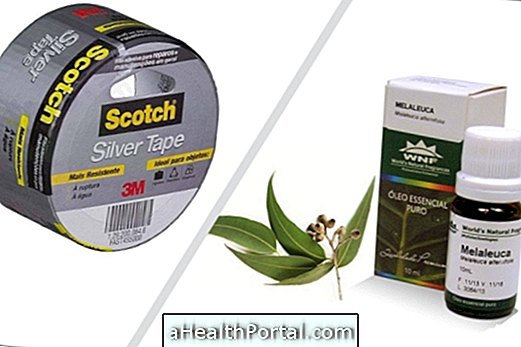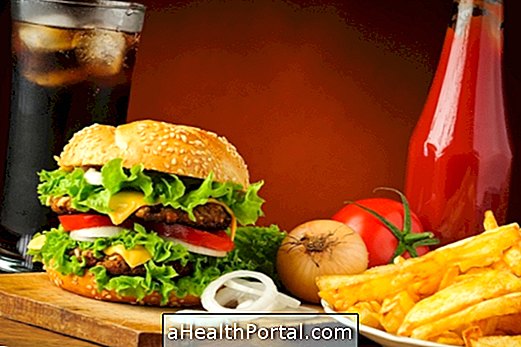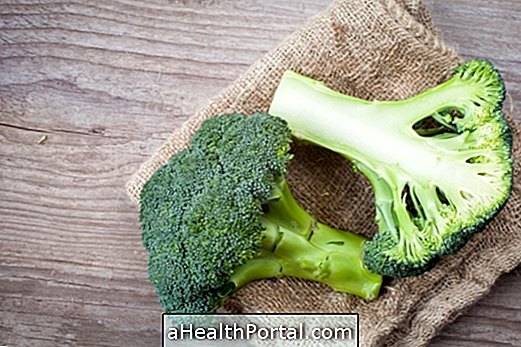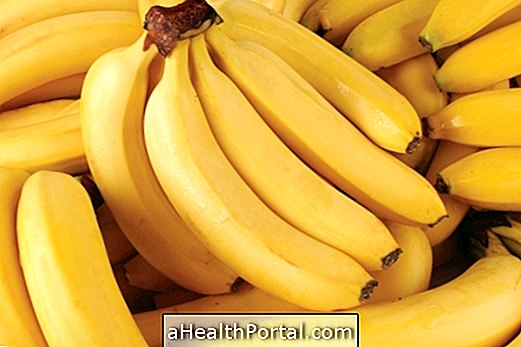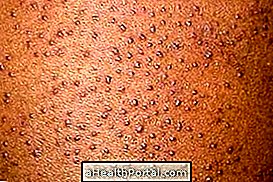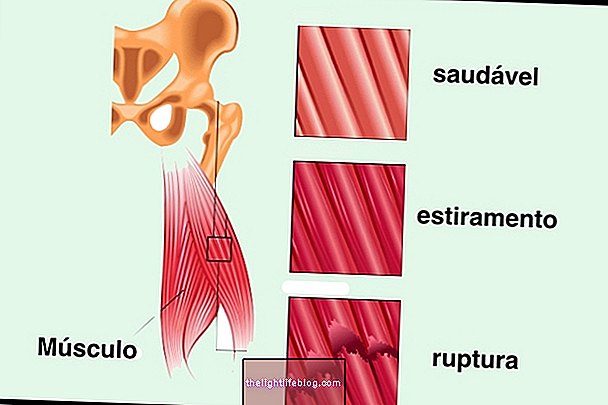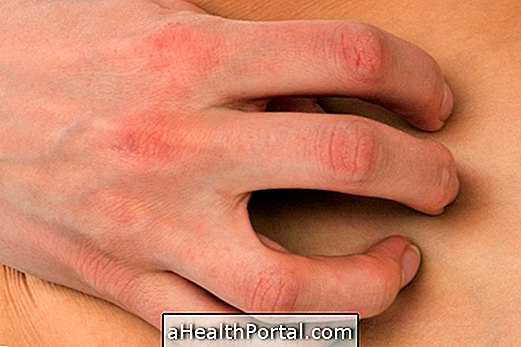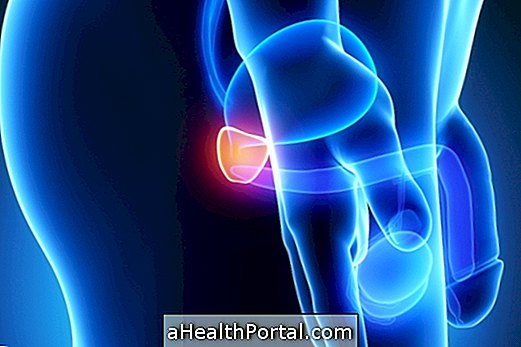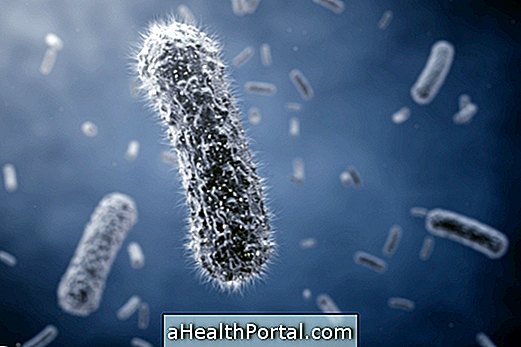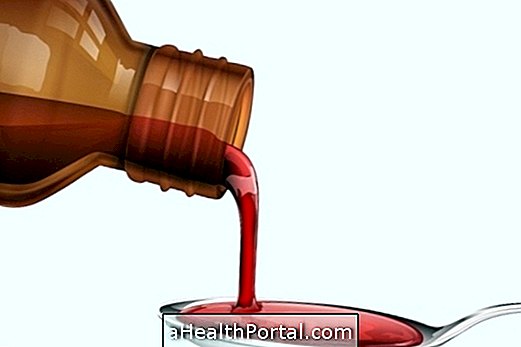Increasing fiber intake daily is a great strategy for lowering blood cholesterol levels and so one should invest in foods like whole grains, fruits with peel and vegetables.
Adding seeds such as sesame, flaxseed, sunflower and poppy in yogurt, for example, is a very easy way to increase the amount of fiber you consume regularly and is a good way to control your cholesterol and still improve your bowel habits.

Why Fibers Help Lower Cholesterol
Fiber helps in controlling cholesterol because they carry the small fat molecules into the faecal cake, which can be eliminated naturally by the body, but for them to have the expected effect it is also important to drink plenty of water or clear liquids like tea without sugar to ensure that the fecal cake becomes softer and can run through the entire intestine, being eliminated more easily.
Some examples of high fiber foods are:
- Vegetables: pod, kale, beet, okra, spinach, eggplant;
- Fruits: strawberry, orange, pear, apple, papaya, pineapple, mango, grape;
- Grains: lentils, peas, beans, soybeans and chickpeas;
- Flours: whole wheat, oat bran, wheat germ;
- Ready-made foods: brown rice, seed bread, whole-grain cracker;
- Seeds: flaxseed, sesame, sunflower, poppy.
The function of dietary fiber is mainly regulate the intestinal transit but also provide a sensation of satiety, have the ability to interfere in the absorption of sugars and fats, and is thus an important tool for weight control, cholesterol and triglycerides.
What are soluble and insoluble fibers
Soluble fibers are those that dissolve in water and insoluble ones are those that do not dissolve in water. For cholesterol control the most indicated are the soluble fibers that dissolve in the water form a gel and remain longer in the stomach giving a greater sensation of satiety. These fibers also bind to fat and sugar which are then eliminated by the feces.
Insoluble fibers do not dissolve in water, they accelerate intestinal transit because they increase stool volume because they remain intact throughout the intestinal tract by improving constipation, and helping to decrease the appearance of hemorrhoids and inflammation of the intestine but are not efficient in controlling cholesterol.
A good way to consume the exact amount of fiber that helps in controlling cholesterol is through a fiber supplement like Benefiber, for example.

